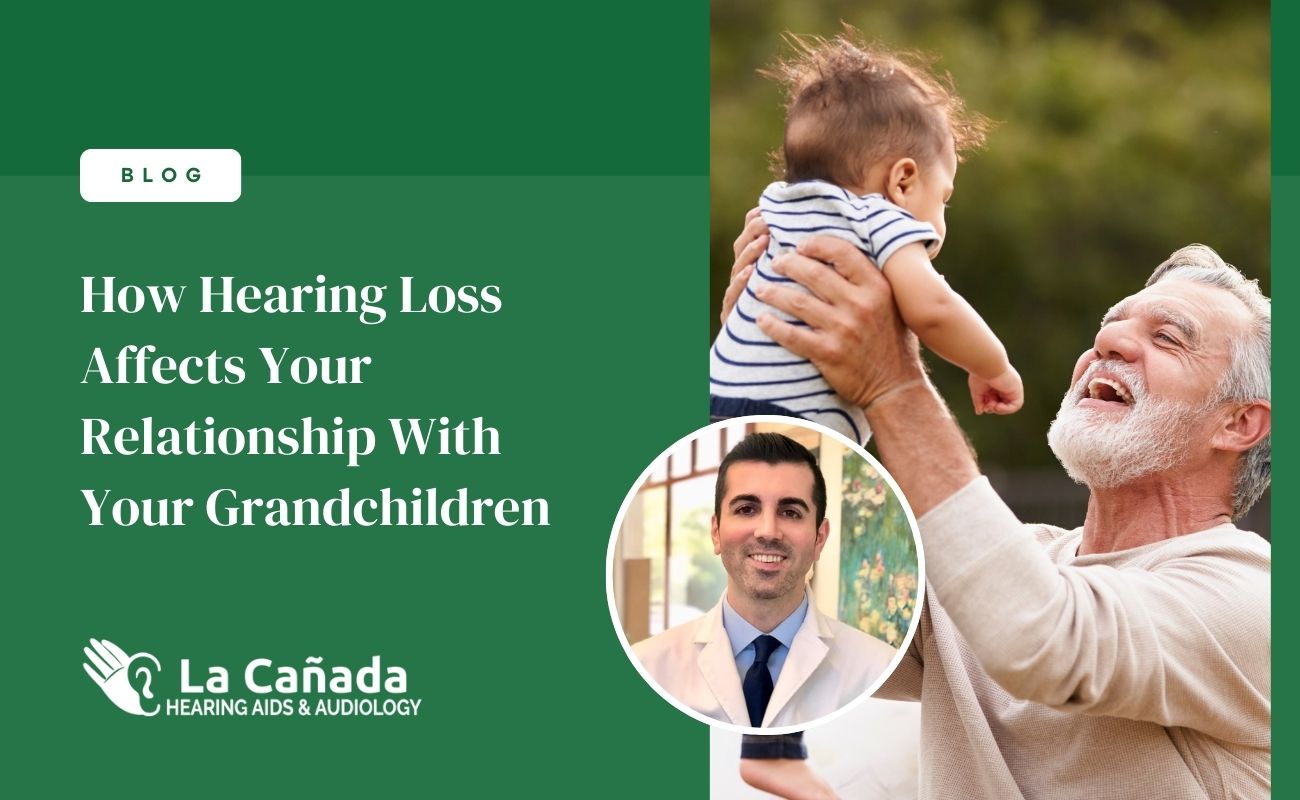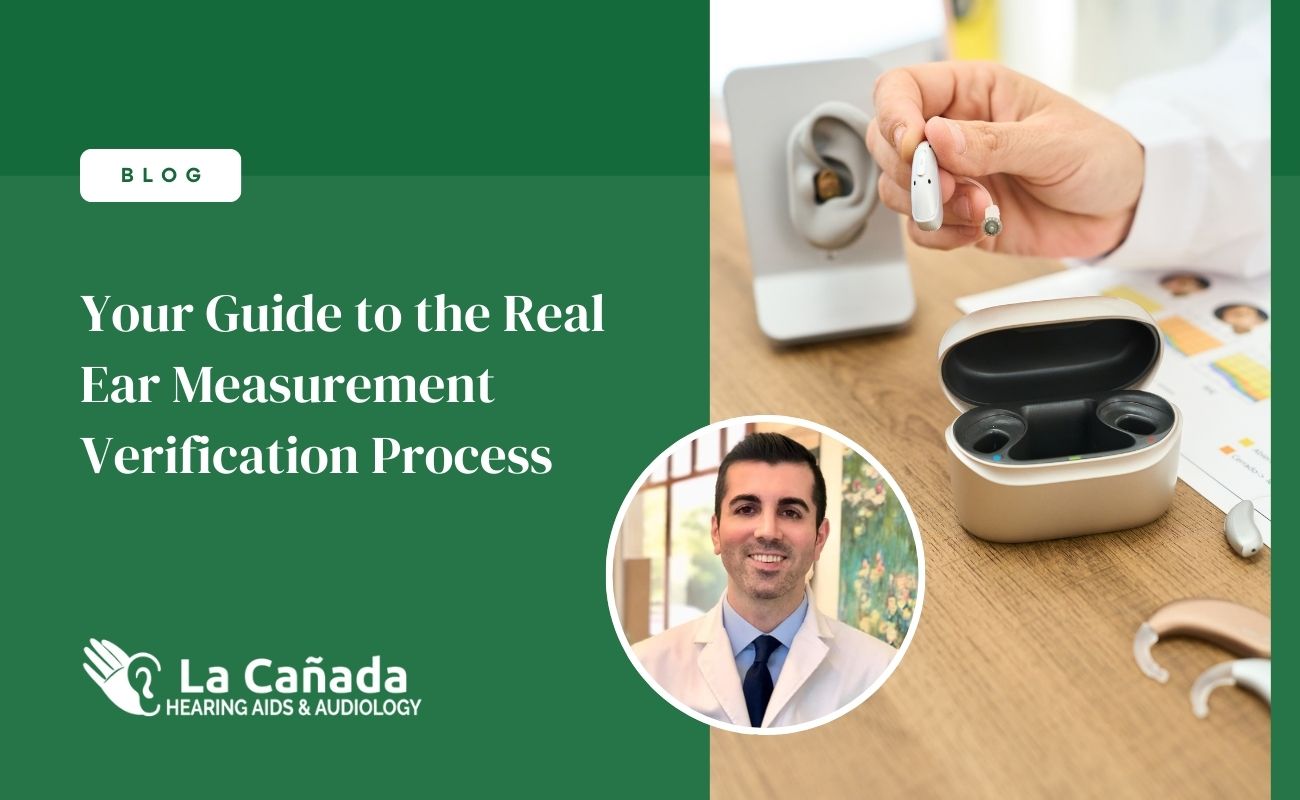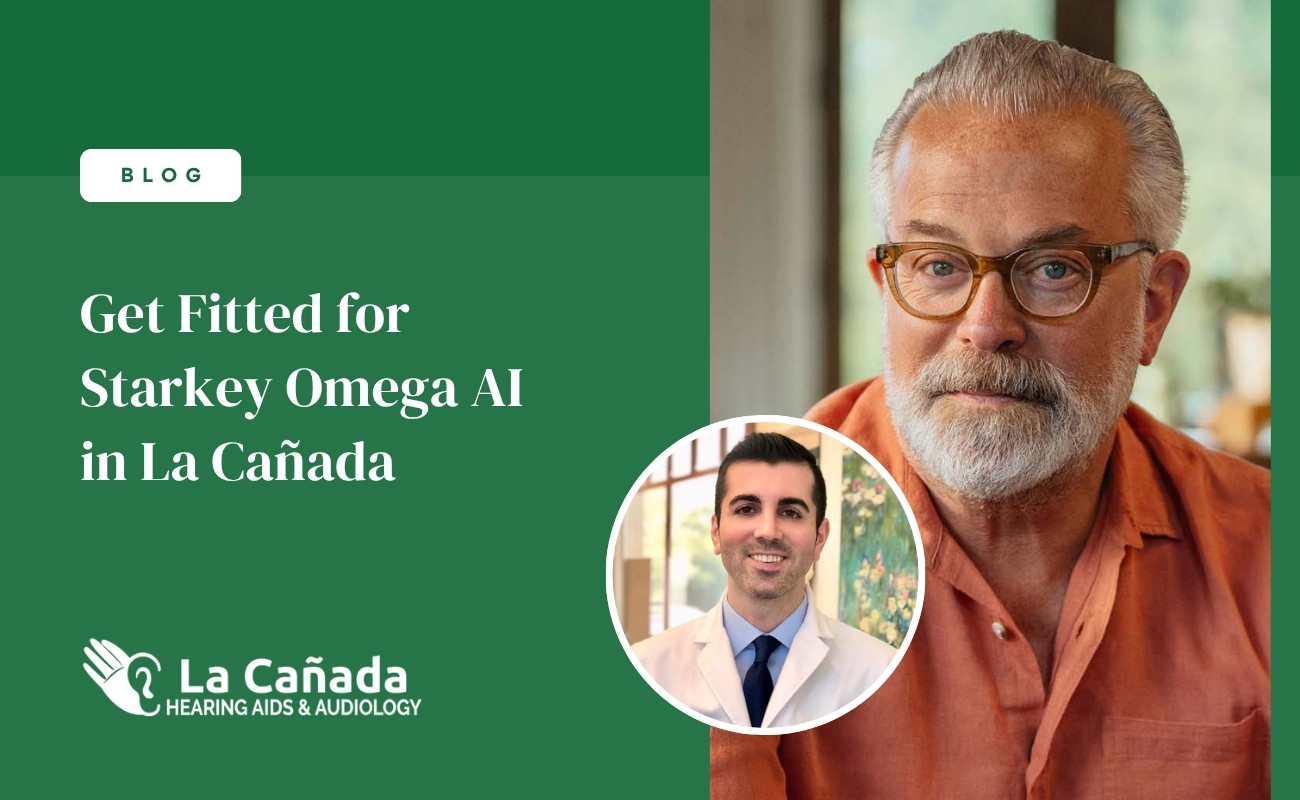For the most part, hearing loss is a slow-moving and progressive disorder. The condition is often caused by the natural process of aging in the case of Presbycusis (age-related hearing loss). Noise-induced hearing loss is another common cause of hearing loss - this develops over a long period from a person's exposure to dangerously loud noises. Hearing loss happens in both circumstances due to long-term injury or degeneration of the inner ear hair cells, which are responsible for translating sound wave vibrations into neural signals that your brain interprets as sound.
A gradual loss of hearing isn't always the case, though. Sometimes hearing loss occurs suddenly, and it needs to be treated immediately if it does. Drastic changes in our hearing can be brought on by various causes and can leave permanent hearing damage if left unchecked. It's essential to recognize the signs of sudden hearing loss and to know the risks.
What is Sudden Hearing Loss?
Sudden Hearing Loss is just what it sounds like, a dramatic and rapid loss of our hearing. Often it occurs with the onset of a ringing sound in the ears- a condition called "tinnitus." In half of all cases, it is also accompanied by feelings of vertigo.
Technically it is defined as Sudden Sensorineural Hearing Loss (SSNHL) and represents a hearing loss of 30dB or more significant over fewer than 72 hours. Hearing loss is measured by how loud a sound must be for your hearing, so if your normal hearing could detect a sound at 20dB, SSNHL would mean you could only detect the same sound at a volume of 50dB or greater.
Although the signs of sudden hearing loss are easy to detect- a sudden change and impairment in your hearing- the causes vary significantly.
Possible causes of sudden hearing loss include:
- Viruses
- Stroke
- Losing blood flow to the inner ear
- A ruptured membrane in the inner ear
Viruses are believed to be the most common cause of sudden hearing loss.
For many cases of SSNHL however, the underlying cause of the hearing impairment may never be uncovered. With many potential causes, finding the correct source may be challenging.
Who is likely to get Sudden Hearing Loss?
Sudden hearing loss can happen at any age, but its risk increases as we age.
People in their fifties are three times as likely to experience SSNHL as people in their twenties. Younger people also have a better chance of recovery from sudden hearing loss.
SSNHL almost always occurs in a single ear (unilaterally) rather than in both ears (bilateral hearing loss). Around 98% of SSNHL cases are unilateral. In general, about a third of all cases of sudden hearing loss leave the person with permanent hearing loss.
Treating SSNHL
Even if the cause is unknown, some courses of treatment are effective in countering permanent hearing damage.
Namely, treatment with corticosteroids can improve the chances of recovery from SSNHL. Corticosteroids are administered orally or intravenously; they can also be directly administered to the middle ear, where they can be absorbed into the inner ear.
Cases of sudden hearing loss can also recover without medical intervention. Sudden hearing loss can spontaneously resolve itself in some instances, usually within two weeks of its onset.
However, spontaneous recovery is not something to be counted on. Cases of SSNHL that involve vertigo and occurrences where there is a great deal of hearing loss are more likely to result in permanent hearing damage.
If you notice a significant change in your hearing, your best course is to speak with your doctor or hearing specialist as soon as possible to examine the problem and decide on a course of action. Waiting for hearing loss to disappear may shorten the time when treatments are most effective.
What happens if SSNHL leads to permanent hearing loss?
Sometimes the onset of sudden hearing loss will lead to permanent damage to hearing. If the fragile structures of the inner ear have been affected, they may not be able to recover. Delicate components of our hearing, like the tiny hair cells that detect sound vibrations, cannot be regenerated or repaired once damaged.
When sudden hearing loss doesn't recover spontaneously, it has to be treated similarly to gradual hearing loss through CROS hearing aids. You wear hearing aids in both ears using a CROS system, even if you can't hear in one of them. The sound detected by the "poor ear" hearing aid is transferred directly to the "good ear" side hearing aid. These devices can mimic the slight lag of sound between the ears to help replicate how we locate sound spatially.
La Canada Hearing Aids & Audiology
Any significant change in your hearing warrants a visit to a qualified audiologist. If something has affected your hearing recently, it's time to get in touch with La Canada Hearing Aids & Audiology. We offer the finest in hearing care to help you find real solutions to your hearing issues.


.webp)





